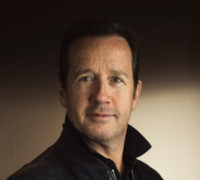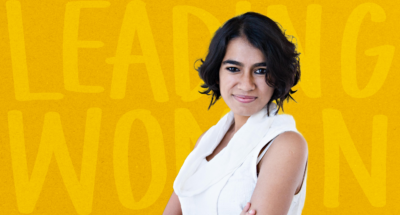Go local
“I asked our employees to consider what we were doing right, and what wrong. Everyone was on board. It fired up people’s imaginations, stimulated creativity and released energy. We had to refocus on the local, find ways to sell watches with stores closed, and engage with loyal customers, even when there wouldn’t be a sale.”
The exercise, which lifted local sales to 75 per cent of group revenues from 50 per cent in 2020, meant total sales fell just 8 per cent in Swiss francs (CHF), and 4 per cent in local currencies last year compared the record 2019. Sales this year should be around CHF1.2bn while the workforce will rise from 2,000 to 2,200 by year end.
Much of that success stems from Bennahmias’s commitment and energy, which recalls other Swiss watch industry luminaries such as Nicolas Hayek, creator of the Swatch Group, and Jean-Claude Biver, another sector legend.
Does it require a special personality to run a watch company? “People say I’m tough, but fair. I’m not always the easiest person to deal with. I love going fast from A to B. And I love simplicity. If someone comes to me with something complicated, I say, make it simple”, admits Bennahmias.
“You need vision and you need to be close to people. If there’s no fun in it, this business isn’t for you. These are values that allow companies to thrive, even in a crisis”
But he acknowledges decision making can sometimes be easier for a family-owned company focused on the long term. “Quoted companies have to grow no matter what. You always have to push to make the numbers for the next quarterly results. But for us, revenue growth is the result of great strategy, not an objective in itself.”






